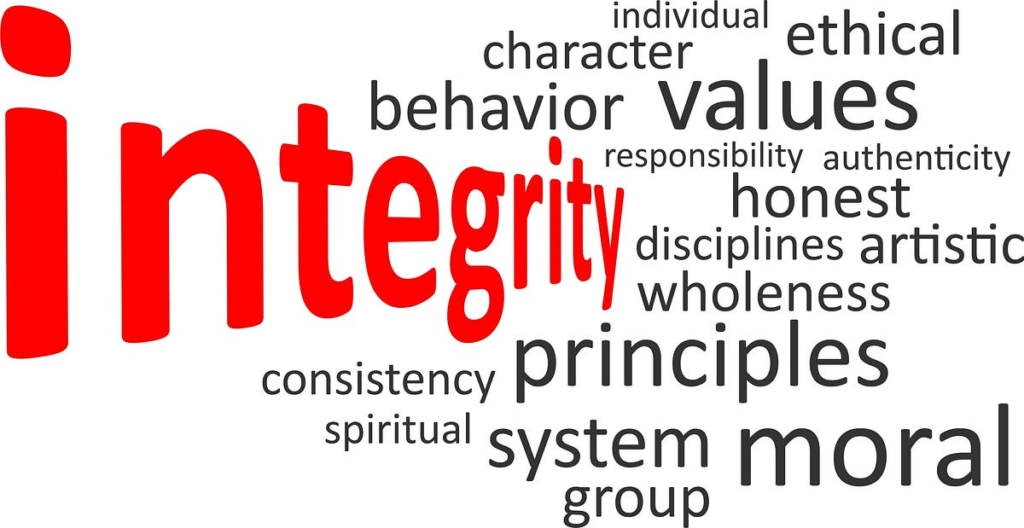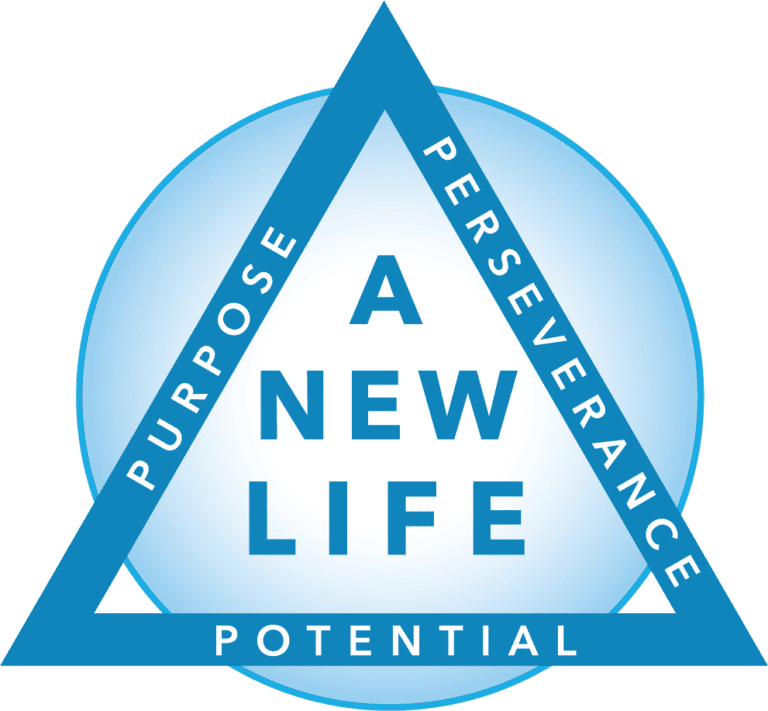Achieving sobriety is a deeply impactful journey, often demanding not only physical and mental resilience but also profound transformation. For some people, embracing spirituality throughout recovery can help them find inner strength, meaning in life, and connection beyond themselves. These series reflect how spiritual practices make one live sober by leading individuals into an addiction-free, fulfilling life.
Understanding Spirituality in Recovery
Spirituality in the context of recovery encompasses not only religious beliefs but also a range of activities facilitating connections with one’s inner self, others, and a higher power.
Thus, it becomes important during the rehabilitation process because it gives solace and direction and helps addicts better understand the purpose of their existence.
The Role of Spiritual Practices
Bringing spiritual practices into recovery significantly improves its progress to sober living. These are helpful strategies or techniques that assist individuals in exploring their inner worlds, attaining peace of mind, and developing resistance against challenges faced when dealing with substance abuse.
Meditation And Mindfulness
Meditation and mindfulness practices enable patients to be present in the moment, which decreases stress levels particularly associated with being clean from drugs or alcohol abuse. The aim is, therefore, self-awareness, which allows one to face up to their addiction problems as well as emotional difficulties while soberly analyzing these issues.

Prayer And Connection To Higher Power
For many, prayer is a powerful spiritual tool that fosters a connection to a higher power. This connection can provide support, hope, and direction. Whether through traditional religious practices or personal interpretations, prayer can be a comforting ritual in the journey to sober living.
Sparking Inner Strength through Spirituality
One of the critical advantages of spirituality in recovery is the development of inner strength. Spiritual practices allow people to look within themselves and find their self-esteem to get over addiction.
Culture resilience
Spirituality builds resilience by finding meaning in life’s difficulties. By adopting this viewpoint, recovery becomes a journey for personal growth rather than a battle (with oneself). Resilience developed through spiritual means helps one overcome obstacles and maintain determination toward sobriety.

Foster Patience and Compassion
Patience, for example, and other values are often emphasized in spirituality. They are important during recovery because they enable individuals to treat themselves and others facing similar situations with kindness. Shame can be reduced by being compassionate instead of guilty.
Spiritual Purpose Identification
Having a strong sense of purpose can serve as a potent motivator in the journey of recovery. Embracing spirituality in life extends beyond addiction, preventing it from dominating one’s existence and offering individuals a renewed opportunity.
Objective Setting for Personal Development
Goal-setting practices regarding spiritual matters should be consistent with an individual’s wants or wishes. Thus, individuals can set realistic targets that eventually lead to prosperity and achievement, thereby contributing to their general well-being in sobriety.
Promoting Service to Others
Many religious institutions and organizations highly value service. Consequently, doing kind acts or services can create satisfaction within oneself, thus making it easier for someone not only to remain sober but also to show how great he feels about his residential substance abuse program.

Spiritual Practices and Sober Living
Incorporating spiritual practices into daily routines can enhance the quality of sober living. Here are some practical ways to integrate spirituality into recovery:
Daily Reflection
Set aside time each day for reflection. This practice can be as simple as spending a few minutes in quiet contemplation, journaling thoughts and feelings, or engaging in prayer or meditation. Daily reflection helps maintain focus and clarity on the recovery journey.
Gratitude Practice
Practicing gratitude is a potent spiritual tool that redirects attention from obstacles to blessings. Maintaining a gratitude journal or consistently expressing appreciation can enhance mood and cultivate a positive perspective.
Joining Spiritual Groups
Participating in spiritual groups or communities can provide additional support and encouragement. These groups offer opportunities for learning, sharing, and growing together in recovery.
Conclusion:
The sobriety journey involves physical, mental, and spiritual healing. Spirituality practices are very helpful in fostering inner strength, a sense of purpose, and connection, which are very important for successful recovery. By integrating spirituality into their recovery process, individuals can have a higher degree of resilience toward addiction’s challenges and find fulfillment in living a sober life.
Call A New Life Sober Living Are you ready to reshape your future by taking the first step to sobriety? Our addiction treatment center offers a supportive community environment where you can explore spiritual practices. In every stage of your journey, our experienced team will be with you; they provide individualized care amongst other like-minded people. Call us today to begin the process of leading a healthier, happier, and more spiritually fulfilling life. Only let another day pass with embarking on a new life within a sober living group.






